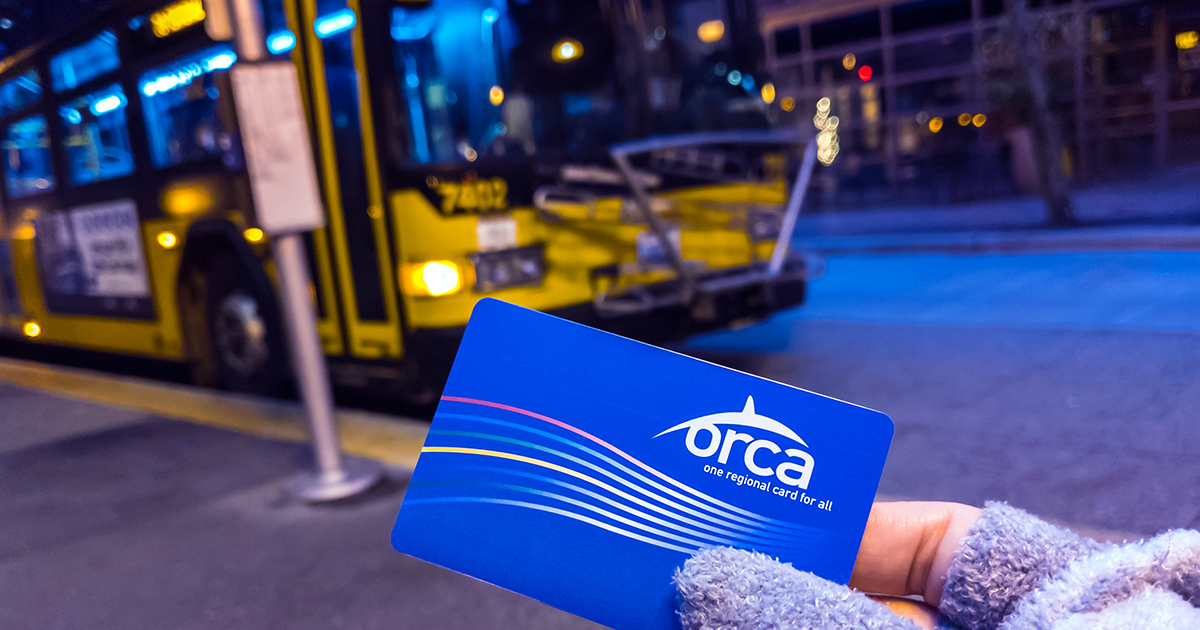King County Metro Highlights MDRC Study Findings on Making Transit Cards Easier to Use

The Center for Applied Behavioral Science (CABS) at MDRC has been working with King County Metro, the leading transit agency of Seattle and the Puget Sound region, to study their efforts to make fare policies align with the agency’s stance that mobility is a human right.
The partnership has explored how behavioral insights could increase the use of transit cards, called ORCA, particularly among less advantaged populations. Transit cards allow for quicker boarding and easier transit transfers between agencies and modes. Additionally, customers with disabilities, customers with lower incomes, and seniors can get cards allowing them to pay a reduced fare automatically. A Metro bus ride, for example, would cost $1 instead of $2.75. Riders with the very low incomes on certain government programs and all youth through age 18 can ride for free.
King County Metro recently published highlights from the study’s findings, including lessons that they’ve learned from the effort. Those lessons include enabling community partners to enroll people in reduced fare programs rather than refer them to other agencies, enhancing language access, expanding the number of ticket vending machines, increasing the use of visuals in communications, making it easier to enroll in reduced-fare ORCA, and increasing the number and quality of community partnerships.
CABS will publish a summary of the findings in 2024.
Latest News
Program based on the City University of New York’s Accelerated Study in Associate Programs showed impressive results during the pandemic






